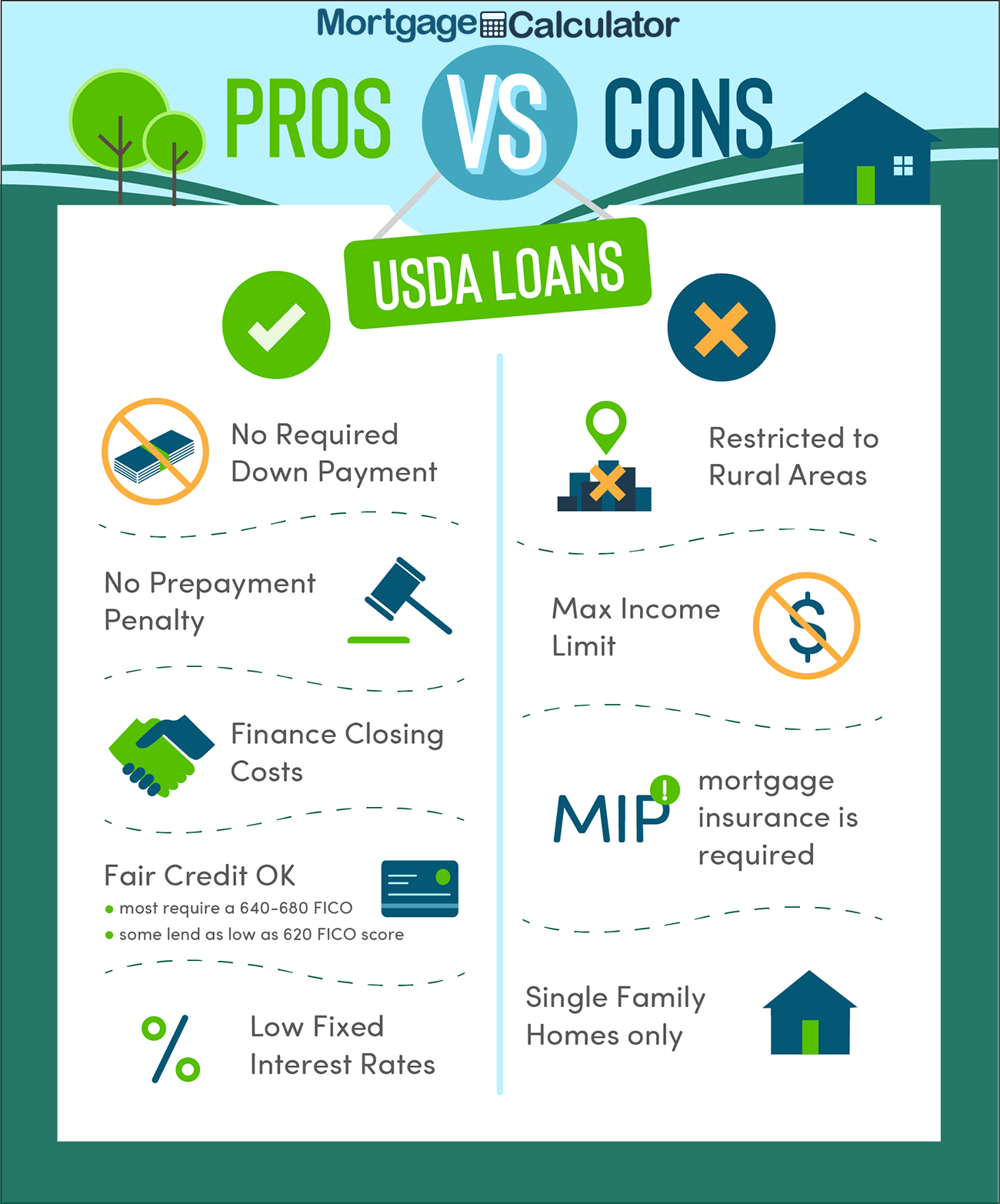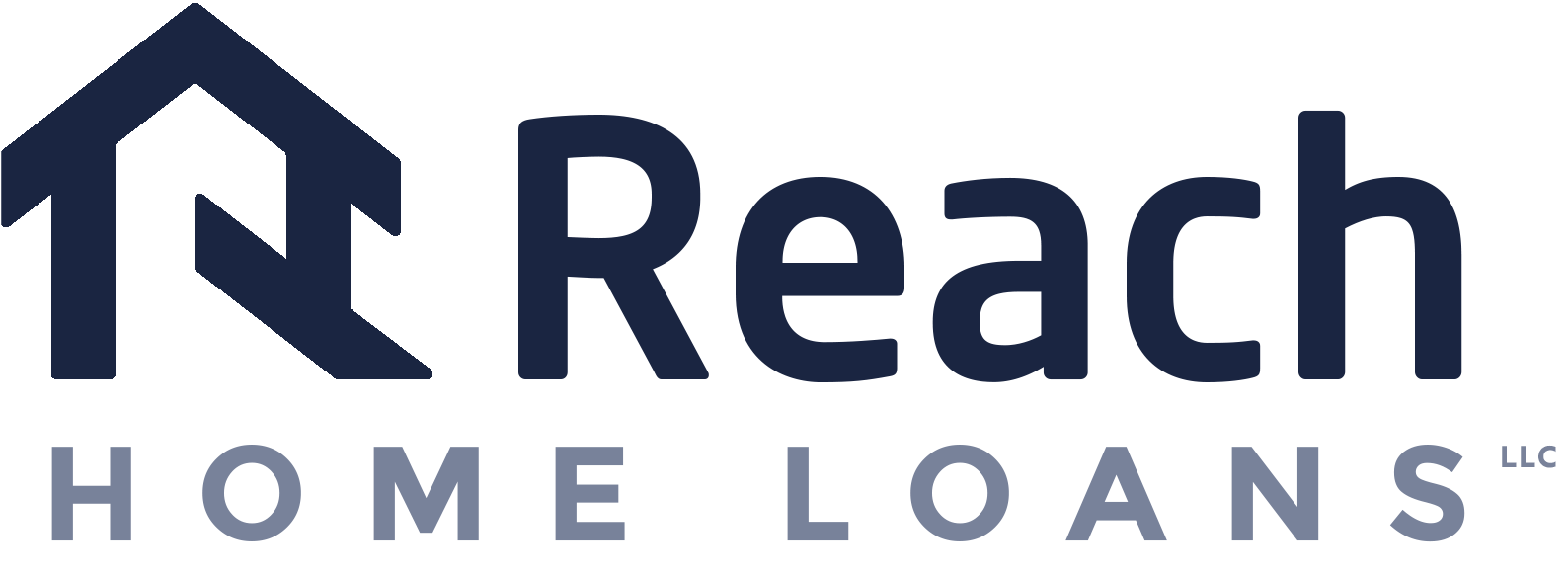Conventional Mortgage Loans: Your Guide to Typical Home Financing
Conventional Mortgage Loans: Your Guide to Typical Home Financing
Blog Article
Comprehending the Numerous Kinds Of Home Mortgage Fundings Available for First-Time Homebuyers and Their Special Benefits
Navigating the variety of mortgage finance alternatives available to novice property buyers is necessary for making enlightened monetary choices. Each kind of loan, from traditional to FHA, VA, and USDA, offers one-of-a-kind benefits tailored to varied customer requirements and scenarios.
Traditional Lendings
Standard finances are a cornerstone of home loan funding for first-time buyers, providing a trusted choice for those aiming to purchase a home. These finances are not insured or ensured by the federal government, which identifies them from government-backed car loans. Commonly, conventional finances require a higher credit rating and an extra substantial deposit, usually ranging from 3% to 20% of the purchase cost, relying on the loan provider's needs.
Among the considerable benefits of conventional finances is their adaptability. Customers can select from various financing terms-- most frequently 15 or 30 years-- allowing them to align their mortgage with their economic objectives. In addition, conventional fundings might provide reduced passion rates compared to FHA or VA fundings, particularly for consumers with solid credit score accounts.
Another benefit is the absence of upfront mortgage insurance coverage premiums, which prevail with federal government finances. Private home mortgage insurance coverage (PMI) may be called for if the down repayment is less than 20%, however it can be removed once the debtor attains 20% equity in the home. In general, traditional finances present a eye-catching and feasible financing alternative for newbie homebuyers looking for to navigate the mortgage landscape.
FHA Loans
For several novice homebuyers, FHA financings represent an available path to homeownership. Insured by the Federal Real Estate Administration, these lendings provide flexible credentials requirements, making them ideal for those with restricted credit report or lower revenue levels. Among the standout features of FHA finances is their low down repayment need, which can be as low as 3.5% of the acquisition rate. This considerably lowers the financial obstacle to entry for lots of ambitious property owners.
Additionally, FHA finances enable greater debt-to-income proportions compared to traditional finances, accommodating customers that might have existing economic obligations. The rates of interest associated with FHA car loans are often affordable, more boosting price. Borrowers also gain from the capacity to consist of particular closing expenses in the financing, which can ease the upfront financial burden.
However, it is important to note that FHA lendings require mortgage insurance coverage premiums, which can increase monthly settlements. In spite of this, the general benefits of FHA car loans, including accessibility and reduced first expenses, make them a compelling option for new buyers looking for to enter the realty market. Recognizing these financings is crucial in making notified decisions about home funding.
VA Loans
VA financings use a special financing solution for qualified professionals, active-duty service participants, and specific members of the National Guard and Gets. These finances, backed by the U.S - Conventional mortgage loans. Department of Veterans Matters, supply numerous benefits that make own a home more available for those who have served the country
One of one of the review most substantial benefits of VA lendings is the absence of a down repayment requirement, enabling qualified debtors to finance 100% of their home's purchase rate. This function is specifically helpful for first-time buyers that may have a hard time to conserve for a significant down repayment. In addition, VA finances normally feature affordable rates of interest, which can result in reduce monthly payments over the life of the lending.
One more check that remarkable advantage is the absence of exclusive mortgage insurance coverage (PMI), which is often needed on traditional loans with low deposits. This exemption can result in considerable cost savings, making homeownership extra budget friendly. Additionally, VA finances offer flexible credit requirements, allowing debtors with reduced credit history to qualify more easily.
USDA Car Loans
Exploring financing options, first-time homebuyers may locate USDA loans to be an engaging selection, specifically for those seeking to acquire building in country or rural areas. The USA Division of Farming (USDA) provides these car loans to promote homeownership in designated country areas, offering an exceptional chance for eligible customers.
Among the standout functions of USDA fundings is that they need no down payment, making it less complicated for newbie purchasers to enter the real estate market. In addition, these fundings usually have competitive rate of interest rates, which can cause reduce monthly payments contrasted to standard financing options.
USDA loans additionally include flexible credit report demands, enabling those with less-than-perfect credit scores to qualify. The program's revenue limitations guarantee that assistance is routed towards low to moderate-income families, better supporting homeownership goals in rural neighborhoods.
Furthermore, USDA finances are backed by the federal government, which my explanation decreases the danger for loan providers and can enhance the authorization process for debtors (Conventional mortgage loans). Because of this, new buyers thinking about a USDA funding may find it to be a obtainable and beneficial option for attaining their homeownership dreams
Unique Programs for First-Time Buyers
Numerous new property buyers can gain from unique programs designed to help them in navigating the intricacies of purchasing their very first home. These programs usually supply monetary motivations, education and learning, and sources tailored to the distinct demands of newbie buyers.

Furthermore, the HomeReady and Home Feasible programs by Fannie Mae and Freddie Mac satisfy low to moderate-income customers, using flexible home mortgage choices with reduced home mortgage insurance coverage costs.
Educational workshops held by various companies can likewise aid newbie buyers recognize the home-buying process, boosting their possibilities of success. These programs not just ease financial problems but additionally empower customers with knowledge, inevitably helping with a smoother change into homeownership. By discovering these special programs, newbie property buyers can discover useful sources that make the desire for possessing a home much more possible.
Conclusion

Standard lendings are a cornerstone of mortgage funding for novice buyers, supplying a reputable choice for those looking to purchase a home. These loans are not guaranteed or ensured by the federal government, which distinguishes them from government-backed lendings. In addition, traditional car loans may supply reduced interest prices compared to FHA or VA lendings, specifically for debtors with strong credit scores profiles.
Furthermore, FHA lendings permit for higher debt-to-income proportions compared to conventional financings, fitting borrowers that may have existing monetary obligations. In addition, VA fundings generally come with affordable rate of interest prices, which can lead to reduce month-to-month repayments over the life of the loan.
Report this page